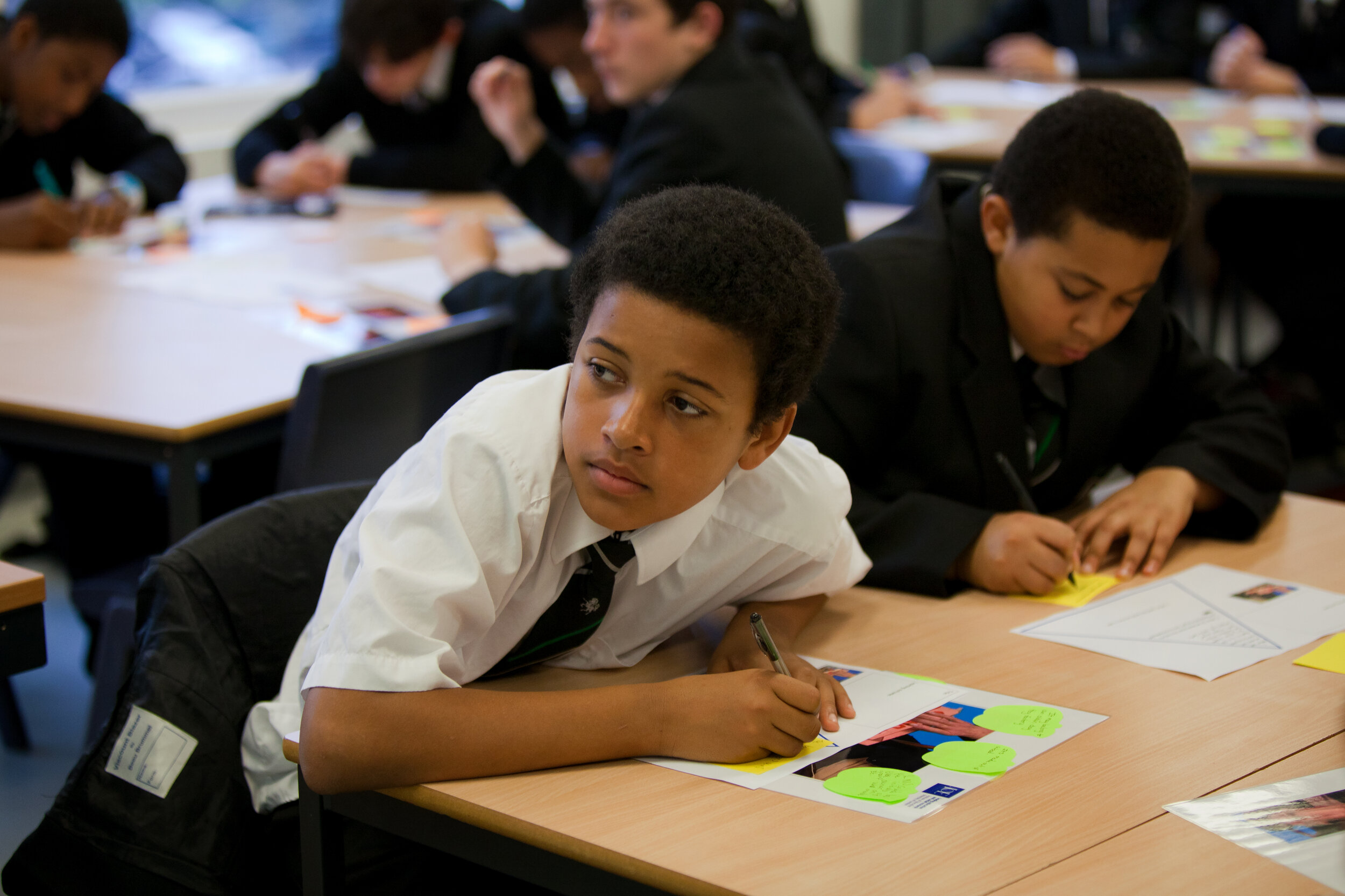
How can we teach about the Holocaust?
The Holocaust poses significant challenges for classroom teaching and learning. How have Yad Vashem and UCL Centre for Holocaust Education each developed distinctive approaches to meet these needs? What are the similarities and differences in their approaches, the comparisons and contrasts?

Between truth and trust: Conspiracy theories
Why do people believe in conspiracy theories? How do we explain their hold on the public imagination, and what do they tell us about ourselves? Join an international panel of experts providing insights from history, literature, psychology and cognitive science.
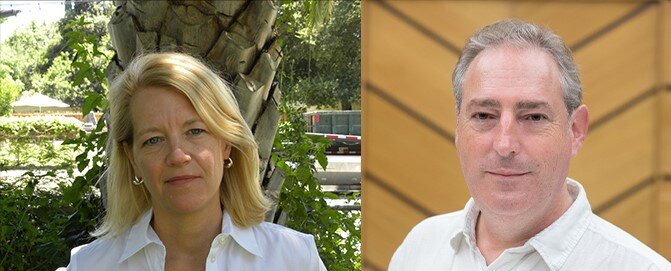
The Ravine: a family, a photograph, a Holocaust massacre revealed
The story of one photograph, one massacre, and what it reveals about the Holocaust. In conversation with Dr Wendy Lower about her remarkable research to discover the identities of the victims, their killers, and the photographer who captured this act of atrocity.
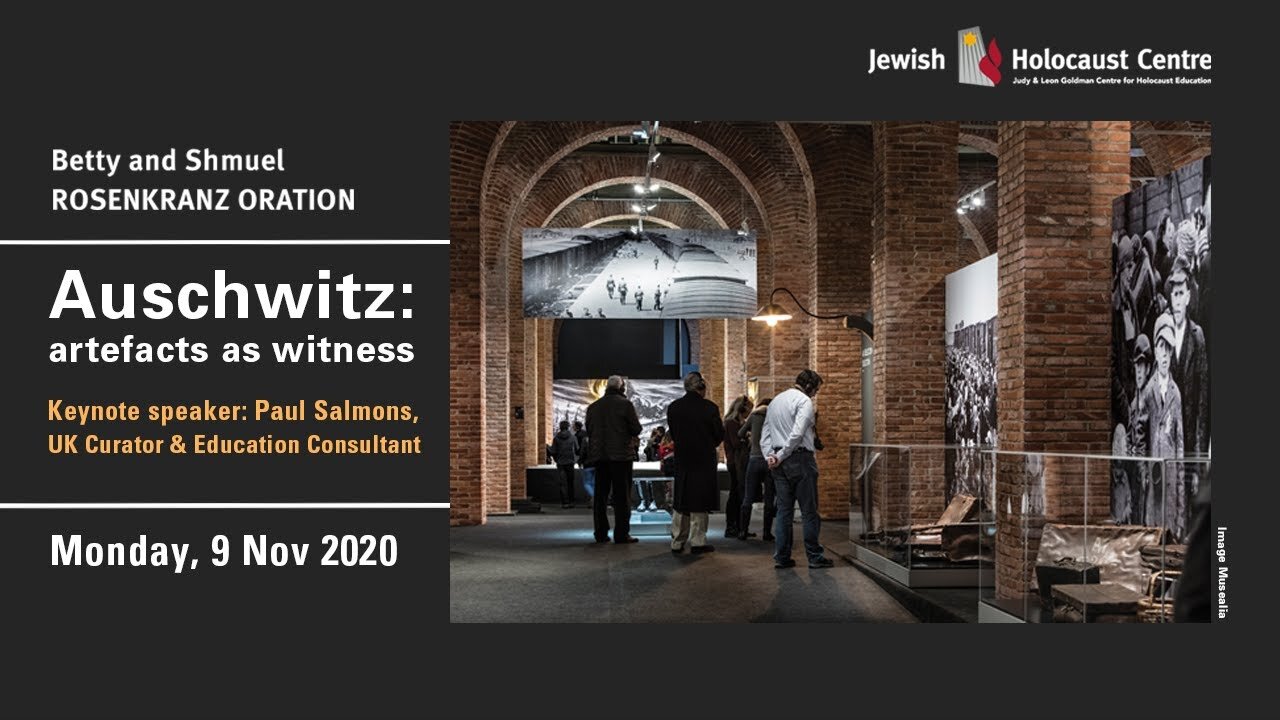
Auschwitz: artefacts as witness
More than one million people were murdered in Auschwitz. But they did not disappear without trace. Material evidence of their lives and these crimes still remain – objects as witness, each with a story to tell.

Denial: online debate on the desecration of memory
An intensive online discussion about the phenomenon of the denial of mass crimes. The second in the series “Between truth and trust” for the House of European History.
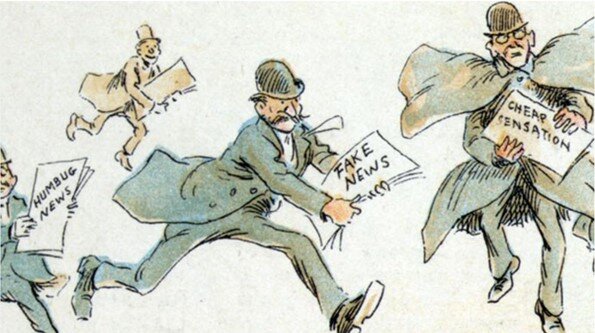
Disinformation and fake news - an online debate
The first in a new series of online debates “Between truth and trust”, explores key issues and challenges facing us in a post-truth age: Disinformation and Fake News.
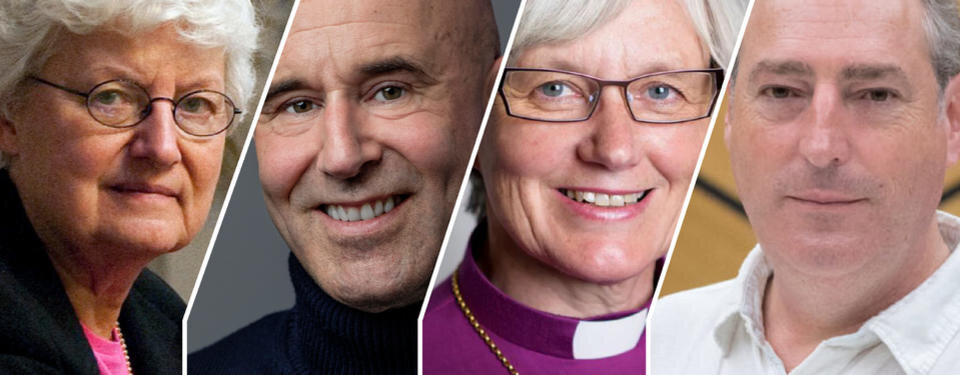
The courage to care
What does Holocaust education have to say about personal ethics and morality? In conversation with leading theologians Sister Carol Rittner and the Archbishop of Sweden, Antje Jackelén.
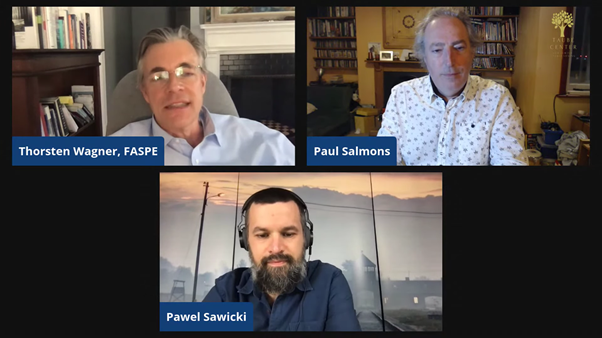
Auschwitz: Place, Education, Memory
Intensive conversation on challenging and vital issues, with Thorsten Wagner and Pawel Sawicki.
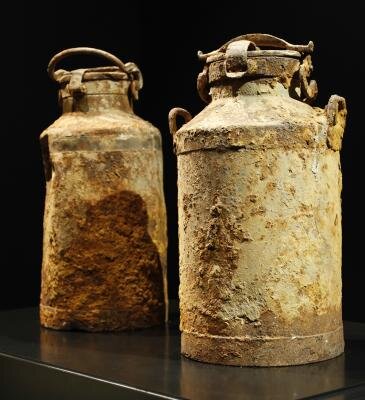
Countering Holocaust denial and distortion online
UNESCO and the United Nations launch a major new project to map and to counter Holocaust distortion and denial online.

Genocide as a social act
Across Europe, ordinary people became complicit in the murder of their neighbours.
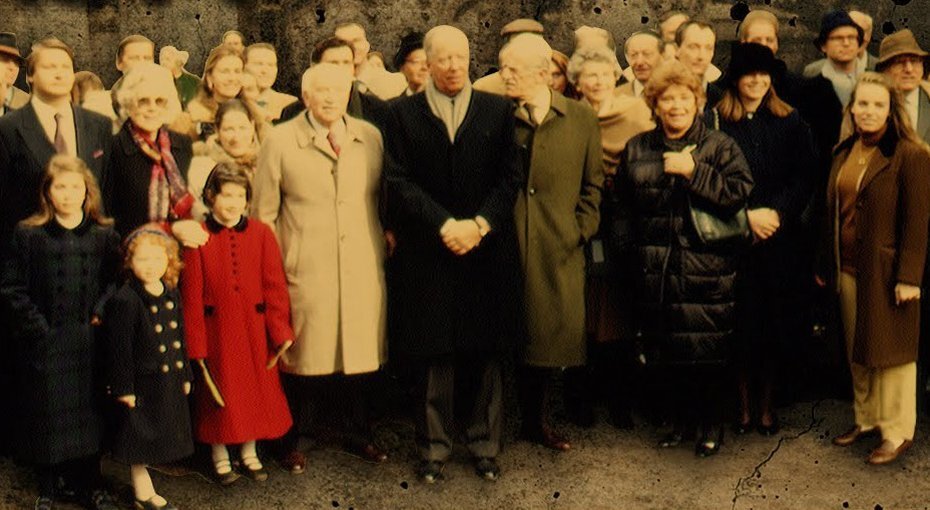
Debunking the Rothschild conspiracy
Why do people believe outlandish lies? ‘Forest fires caused by Jewish space lasers! Covid vaccines a Jewish plot to control the world!’ We take a closer look at antisemitic conspiracy theories, why they are dangerous, and how to refute them.
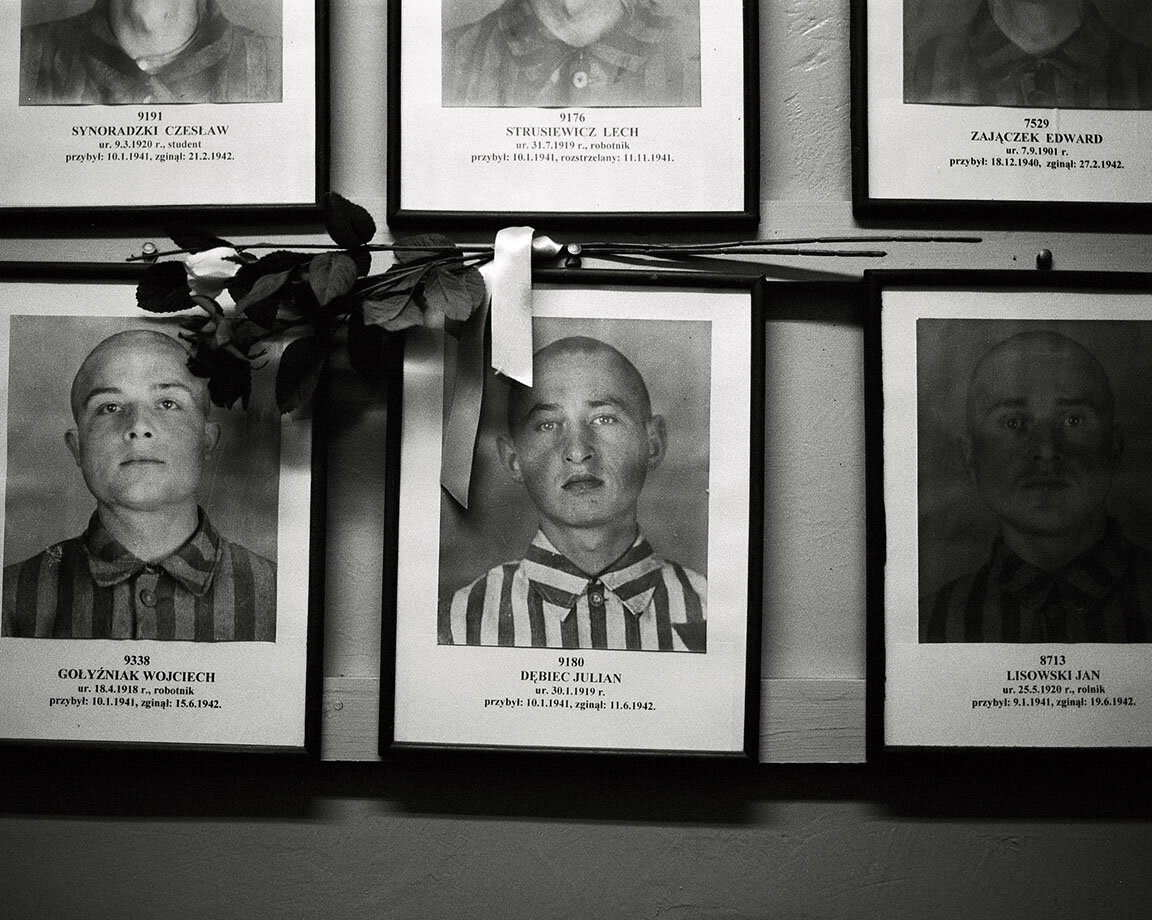
How secure is Holocaust memory?
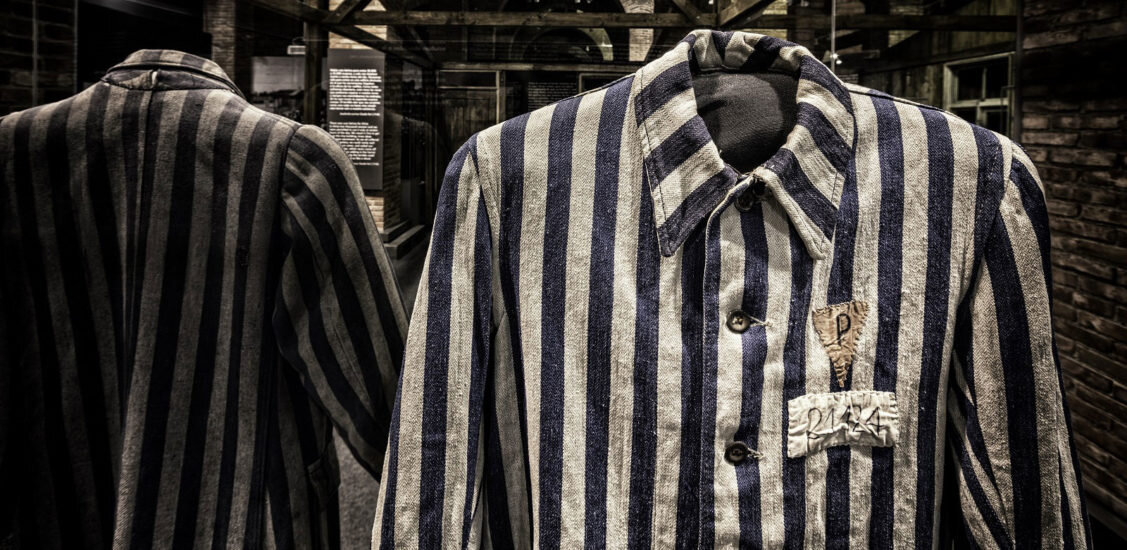
Why it matters
‘Auschwitz. Not long ago. Not far away.’ has been awarded Europe's most prestigious heritage award, the 2020 Europa Nostra Grand Prix. In the face of Holocaust denial, conspiracy theories and fake news, this matters.
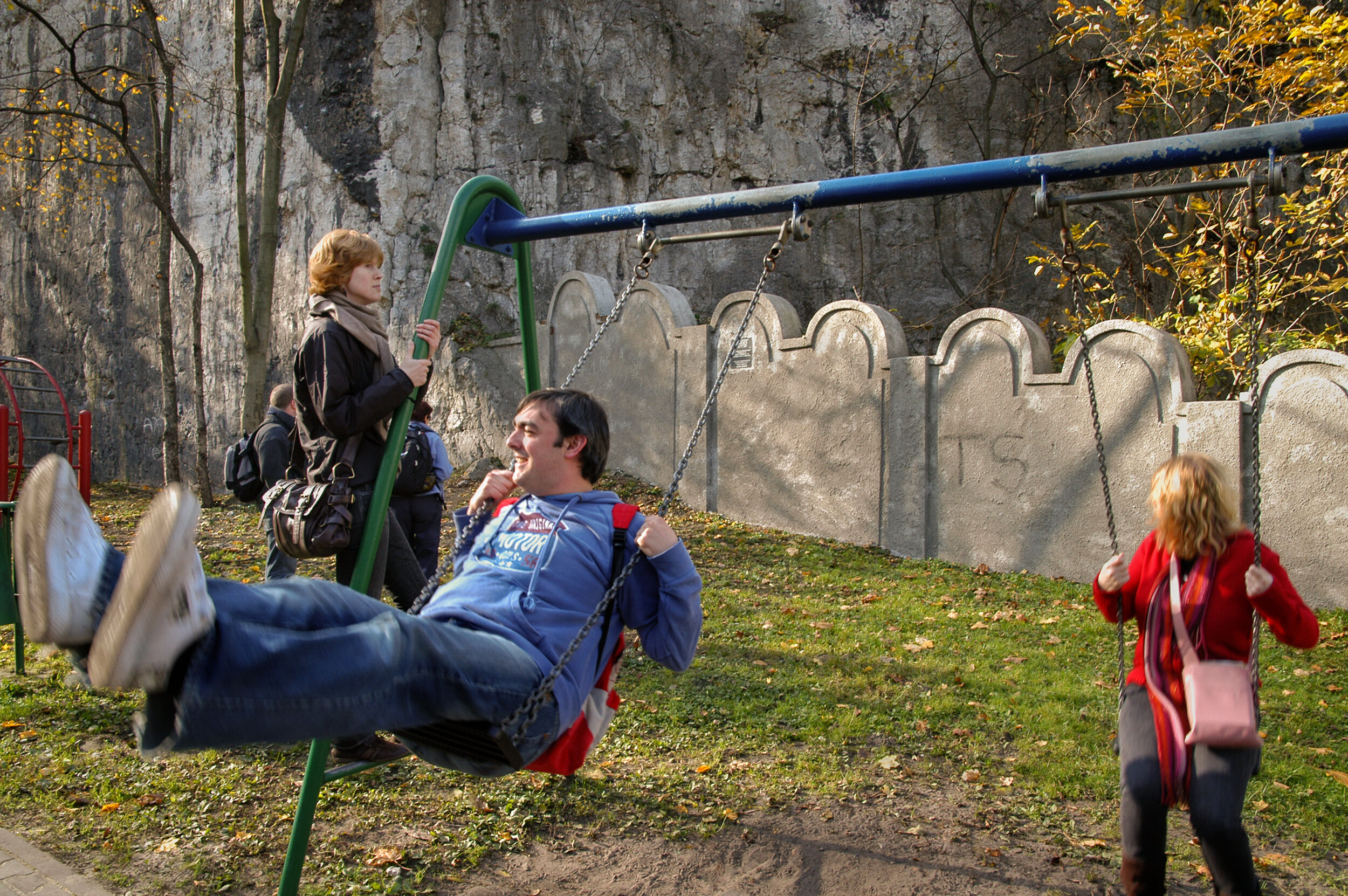
The never born
How do we approach the magnitude of genocide, and recognise the scale of the loss?

Pizza in Auschwitz
How long is the shadow of the Holocaust?
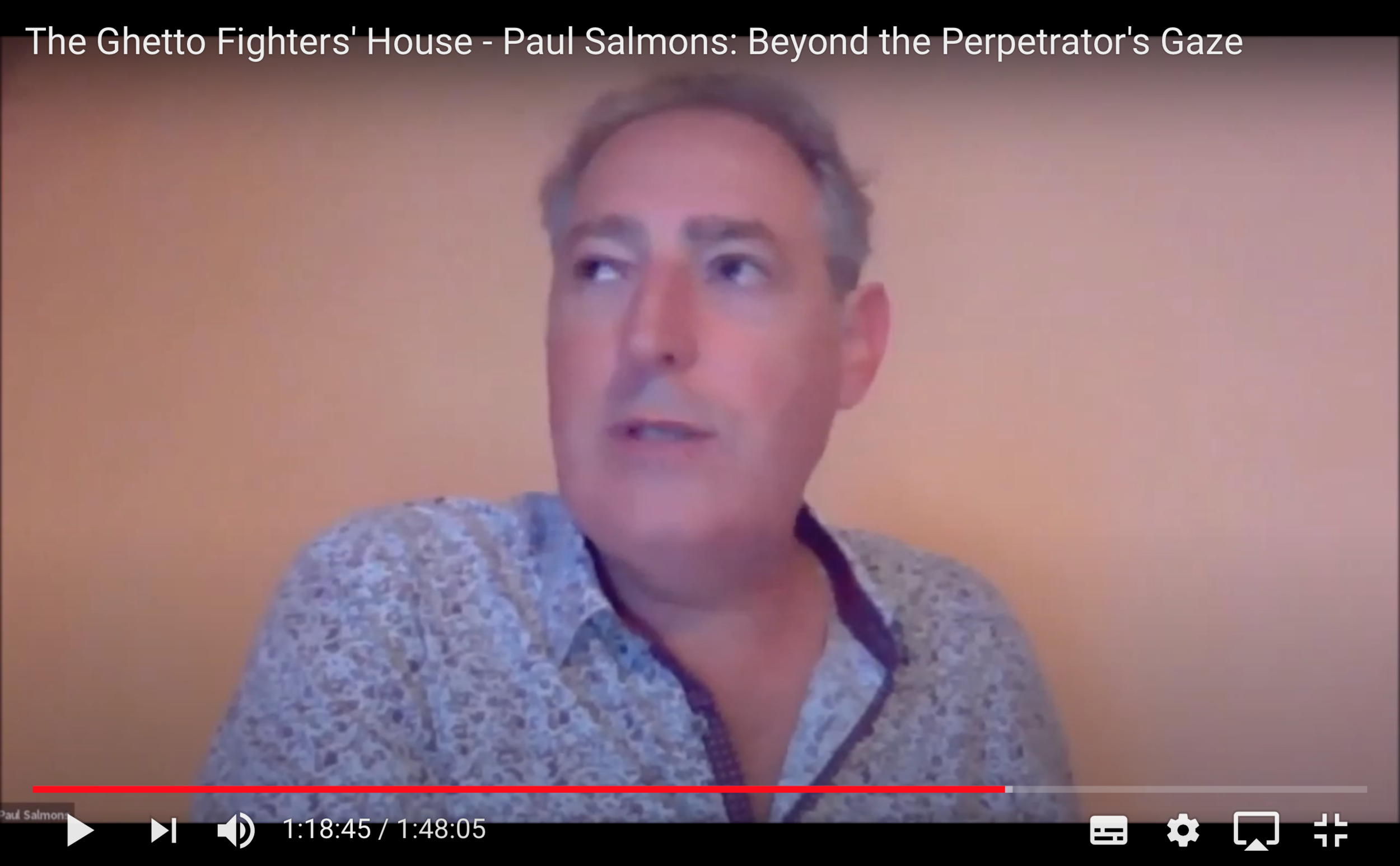
Current talks, lectures and workshops
A sought-after keynote speaker and teacher, Paul Salmons has taught throughout Europe, the United States and the world. His current talks are listed here.
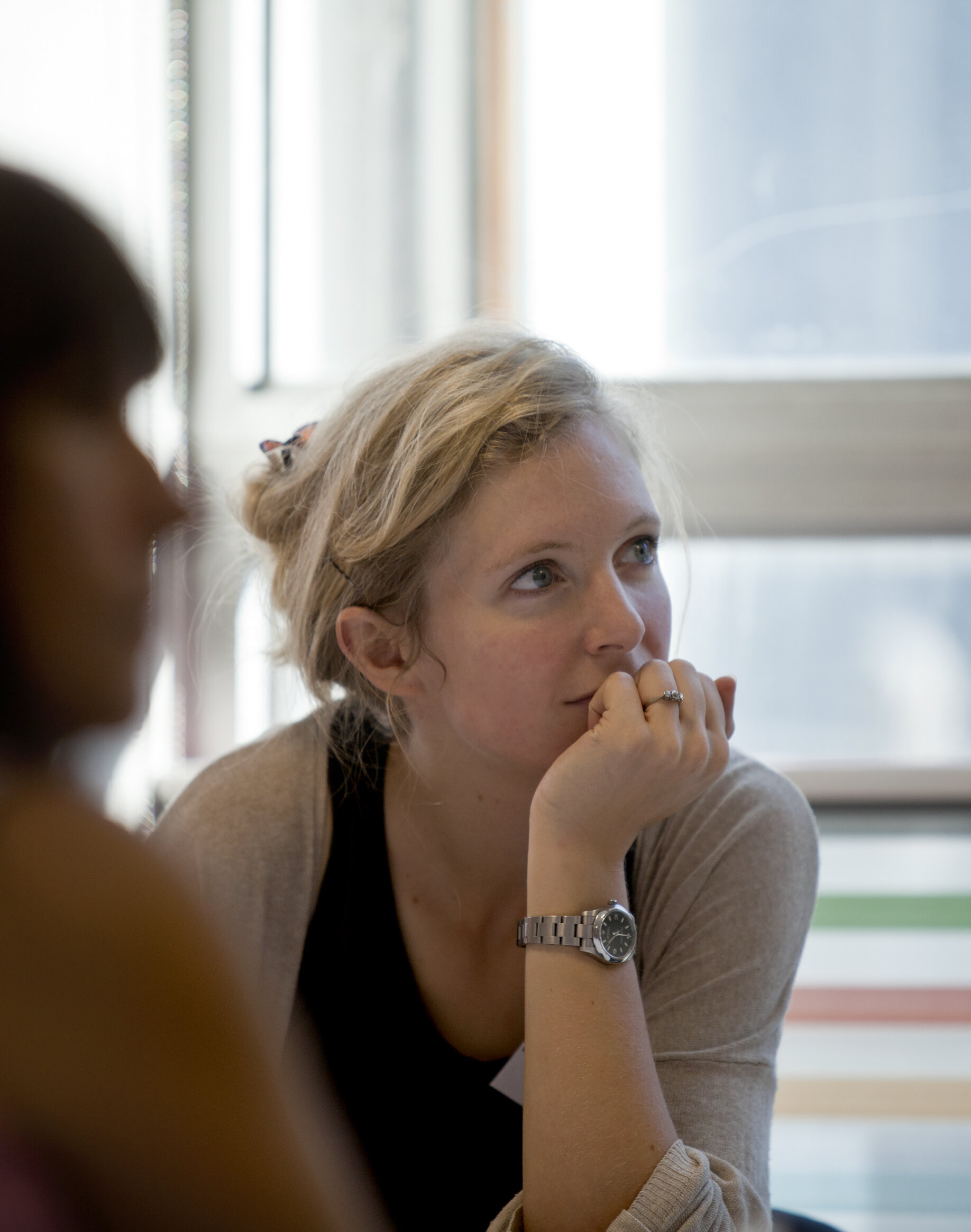
Beyond ‘moral lessons’: what does it mean to learn about the Holocaust?
A more complex view of the past reveals a shocking truth: you do not need to hate anyone to be complicit in genocide.
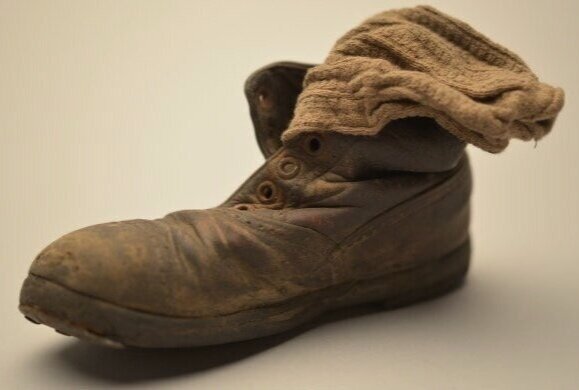
A blanket, a letter, a shoe: searching for meaning in traces of the Holocaust
We do not know this child’s name or where he came from. But perhaps we can sense something of what we lost in Auschwitz.

Remembering to forget?
The longer a discussion lasts the more likely it is that someone will make a comparison to Hitler or the Holocaust to justify their point of view.
